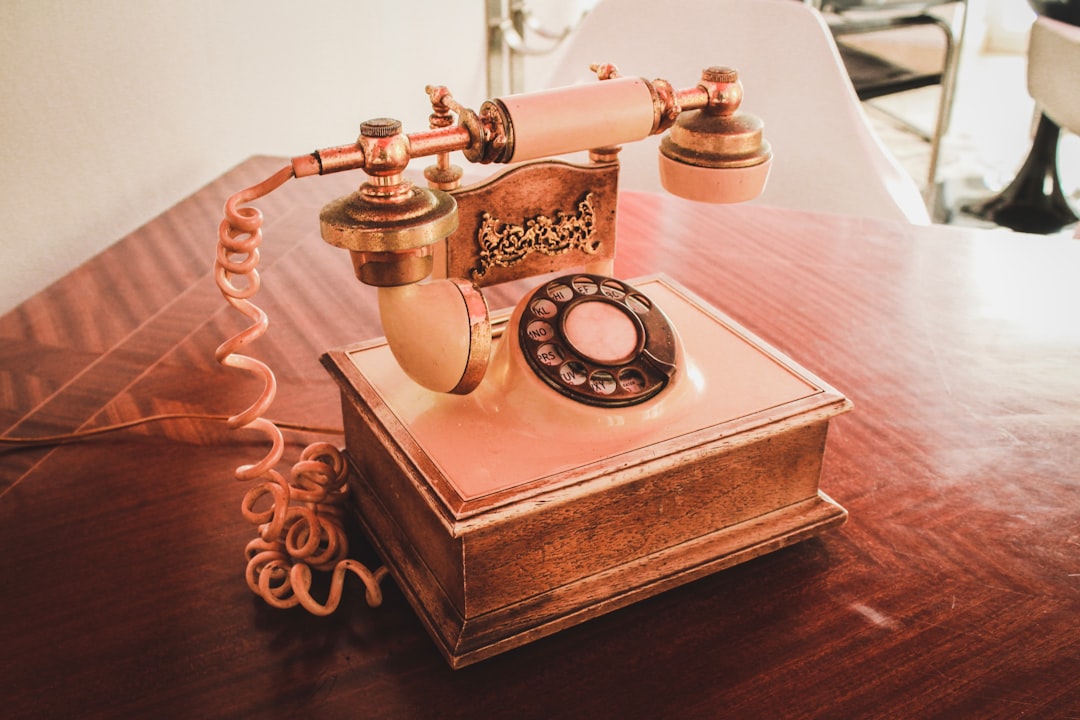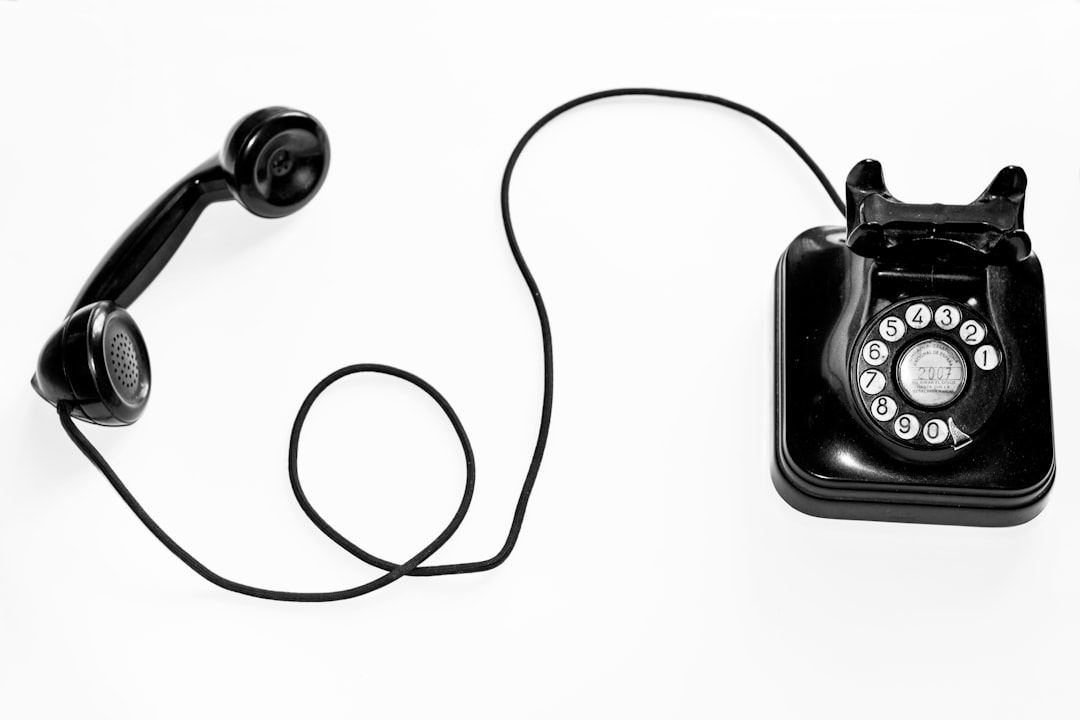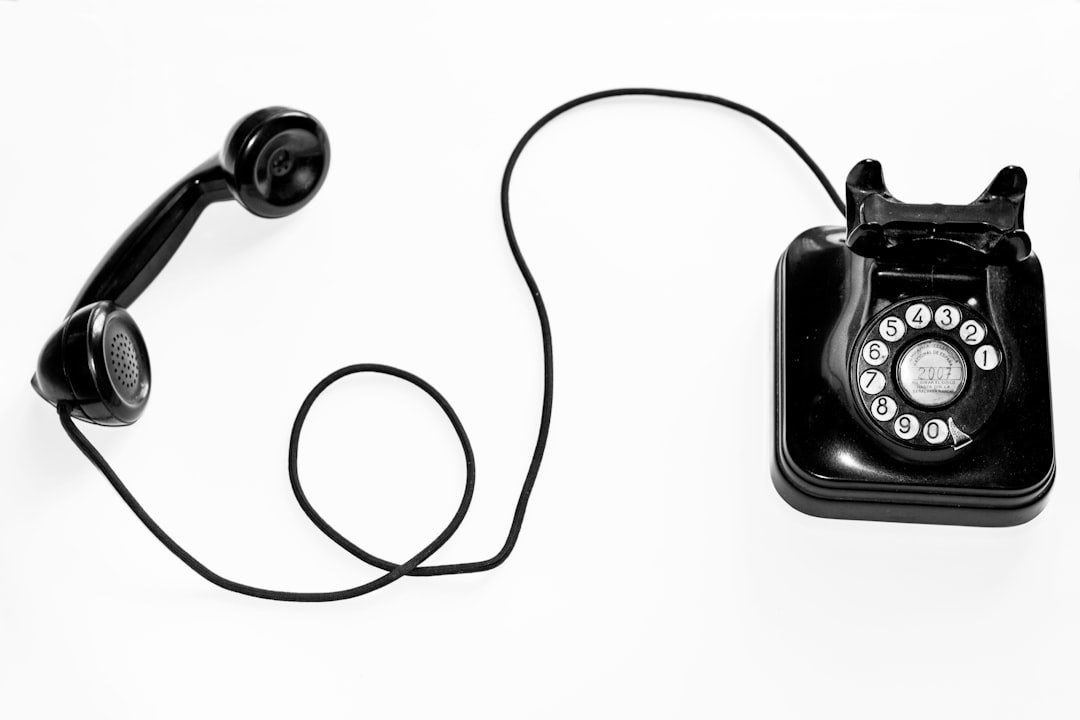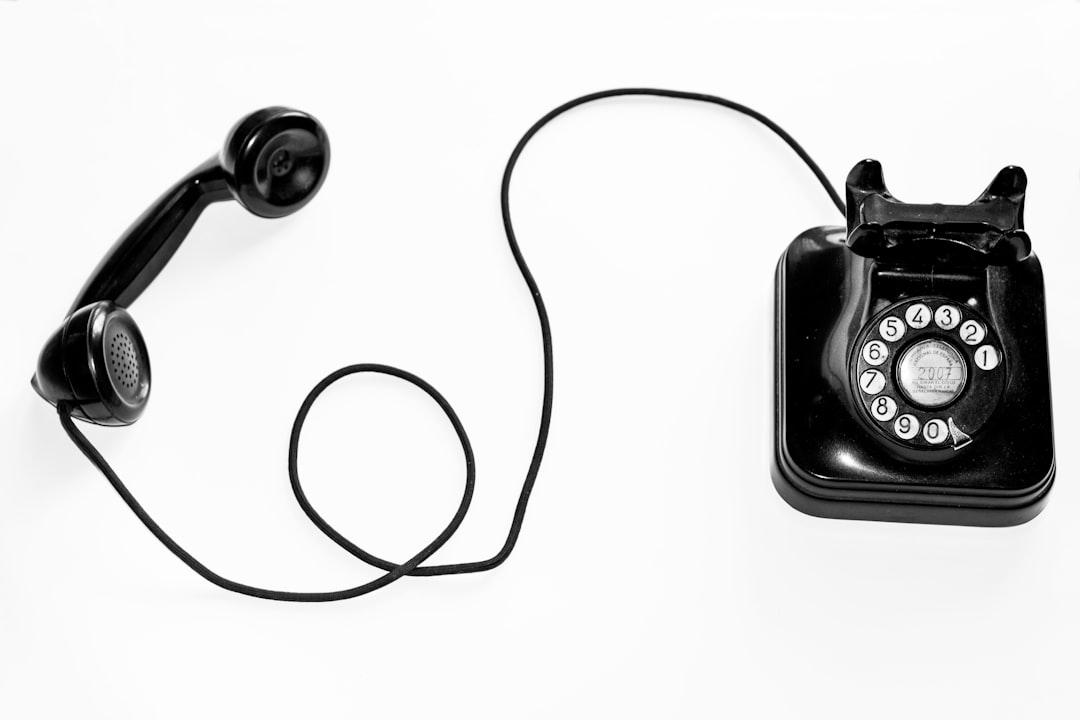In Minnesota, unwanted calls from telemarketers and scammers are common but legally protected against by state laws. Residents can opt-out of specific calls and register on the "Do Not Call" list. For excessive or harassing calls, consulting with a qualified unwanted call lawyer in Minnesota is advised to understand rights and legal options. Key steps include gathering evidence, filing complaints with MPUC, seeking representation from an unwanted call law firm, and taking action through small claims court or lawsuits for compensation and remedies.
Tired of relentless unwanted calls? You’re not alone. In Minnesota, navigating the complex landscape of consumer protection laws can seem like a frustrating enigma. This guide is your symphony through the process, equipping you to fight back against nuisance callers. From understanding existing laws and identifying valid reasons for legal action to choosing the right unwanted call lawyer in Minnesota and crafting a compelling case, we’ll empower you to revolutionize the way you handle these intrusive calls. Say goodbye to persistent ringers and hello to peace and quiet.
Understanding Unwanted Calls and Existing Laws in Minnesota

In Minnesota, just as in many other states, unwanted calls, often from telemarketers or scammers, are a persistent issue that impacts millions of residents daily. These nuisance calls can range from pre-recorded messages to live salespeople, and they’re not only annoying but can also be a serious security risk, posing as potential frauds or scams. Understanding the laws surrounding these calls is a crucial step in fostering a local movement against them.
Minnesota has specific regulations in place to protect its citizens from unwanted calls. The Minnesota Attorney General’s Office explains that consumers have the right to opt-out of certain types of telemarketing calls. A “Do Not Call” list allows residents to register their phone numbers, significantly reducing the volume of unsolicited calls they receive. If you’re facing an excessive or harassing amount of these calls, consulting with a lawyer specializing in unwanted call cases, such as those at reputable law firms across Minnesota, can be beneficial. These professionals can guide you on your rights and options, including possible legal remedies against violators.
Identifying Valid Reasons for Legal Action Against Callers

When considering legal action against callers who make unwanted calls in Minnesota, it’s crucial to identify legitimate reasons that fall under existing telephone consumer protection laws. Valid grounds for action include repeated or persistent telemarketing calls, robocalls, and calls made using auto-dialers without prior express consent from the recipient. These actions can be considered illegal under Minnesota law and federal regulations, such as the Telephone Consumer Protection Act (TCPA).
If you’ve experienced unwanted calls that meet these criteria, consulting with a qualified unwanted call lawyer in Minnesota or unwanted call attorney in Minnesota is a prudent step. Reputable unwanted call law firms in Minnesota specializing in this area can help you understand your rights and determine the best course of action. They can assist in navigating legal complexities and ensuring you receive fair compensation for any harassment, invasion of privacy, or financial loss resulting from these unwanted calls.
Choosing the Right Unwanted Call Lawyer in Minnesota

When looking for representation to combat unwanted calls in Minnesota, selecting the right unwanted call lawyer is a strategic move. It’s essential to choose an attorney or law firm that specializes in telephone consumer protection laws and has a proven track record of success in similar cases. Look for professionals who are knowledgeable about the Minnesota Unfair Trade Practices Act (MUTPA) and the Telephone Consumer Protection Act (TCPA). These experts will be able to navigate the complexities of your case, ensuring you receive fair compensation or an effective cessation of unwanted calls.
Consider law firms with a local presence in Minnesota, as they often have a better understanding of state-specific regulations and can provide more personalized service. Reviews and client testimonials are valuable resources to gauge an attorney’s reputation and their commitment to delivering positive outcomes for clients facing persistent unwanted calls.
Crafting a Strong Case: Evidence and Documentation

To build a compelling case against unwanted calls, gather evidence and documentation that highlight the nuisance and potential harm caused by such practices. Many unwanted call lawyers Minnesota recommend keeping detailed records of each interaction, including dates, times, phone numbers, and the content of the calls received. These logs can serve as powerful tools in any legal action or negotiations with call centers.
Additionally, seek out case law and regulations specific to Minnesota that address unwanted calls or telemarketing practices. Demonstrating a pattern of similar cases won and successful legal precedents can strengthen your argument. Collaborate with unwanted call attorneys Minnesota who specialize in consumer protection laws to ensure your documentation is accurate and your case is presented effectively, potentially paving the way for settlements or court victories.
Navigating the Legal Process: From Filing to Resolution

Navigating the legal process to combat unwanted calls in Minnesota involves several key steps. The first is to gather evidence, such as recordings or logs of the harassing calls, which can serve as strong proof in your case. Once prepared, file a complaint with the Minnesota Public Utilities Commission (MPUC), which regulates telemarketing activities within the state. A unwanted call lawyer or unwanted call attorney in Minnesota can guide you through this process, ensuring your rights are protected.
After filing, the MPUC will investigate and attempt to resolve the issue. If the calls persist despite your complaint, a lawyer from a unwanted call law firm in Minnesota can represent you in small claims court or file a lawsuit against the offending party. This legal action may result in monetary damages, restraining orders, or other remedies designed to stop the unwanted calls and compensate victims for their distress.






